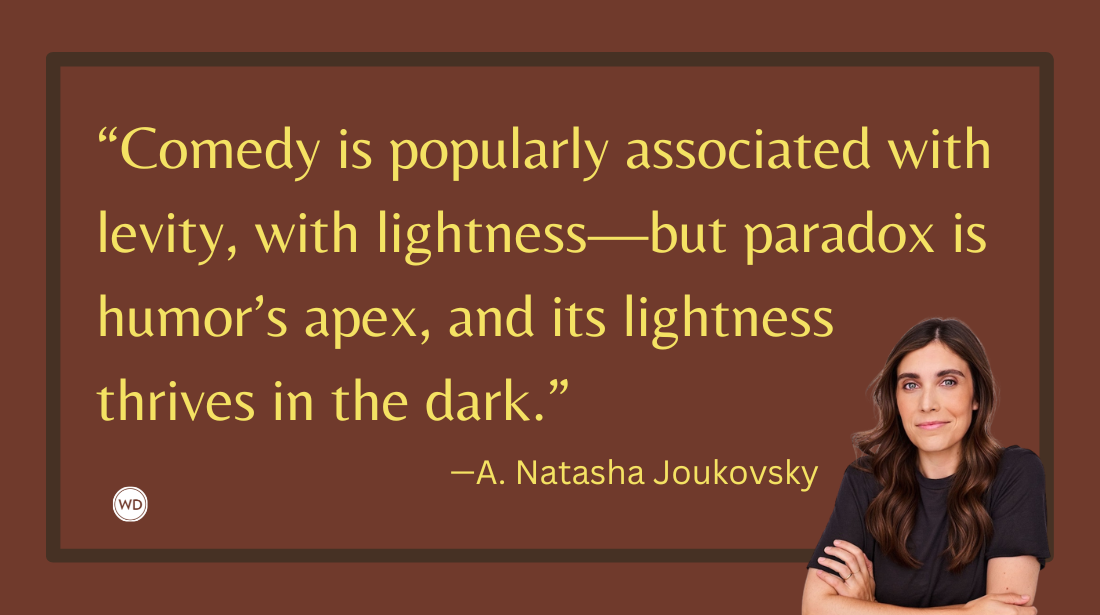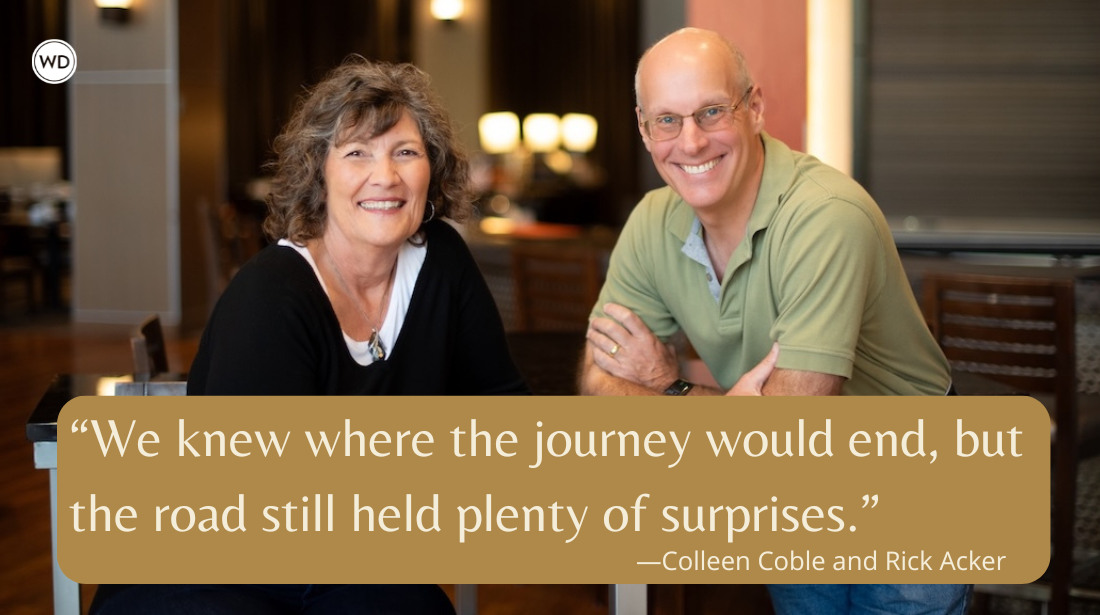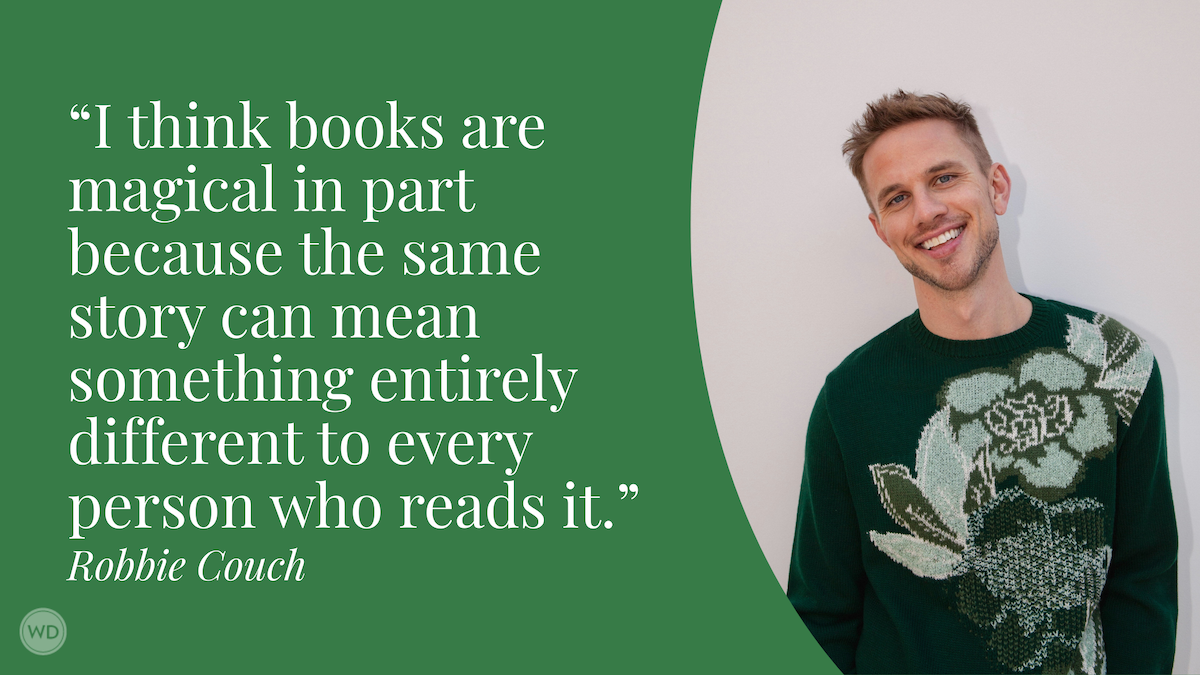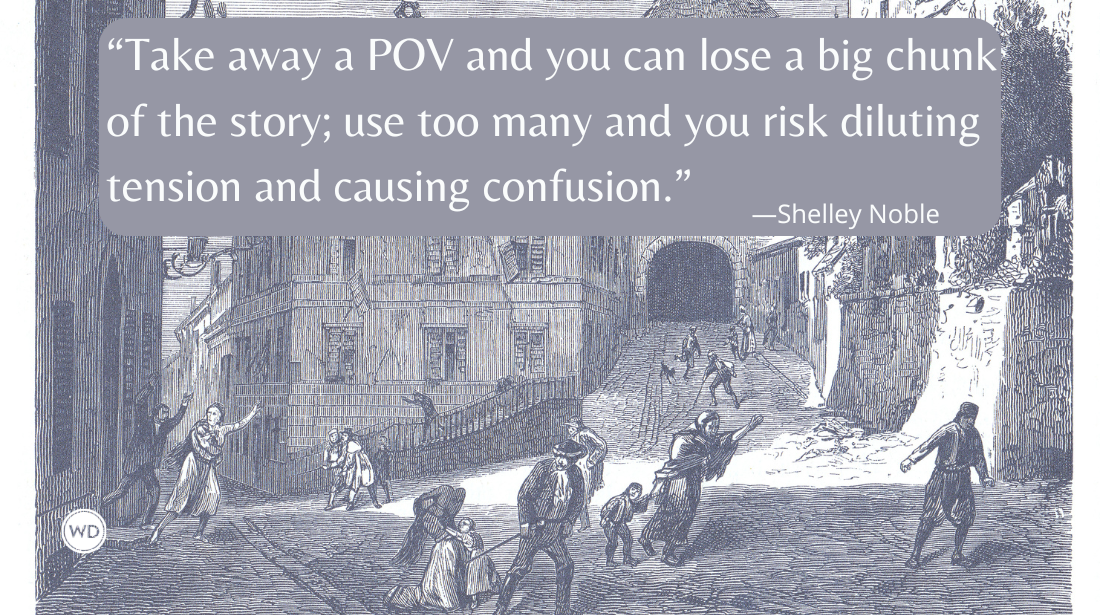Cassandra Ramos-Gomez: On Mixing the Macabre With Middle-Grade Humor
In this interview, author Cassandra Ramos-Gomez discusses her experiences publishing her debut middle-grade novel, Lost on Doll Island.
Cassandra Ramos-Gomez is a Mexican American writer focused on creating middle grade and young adult fiction that centers Latinx experiences. She has a master’s degree in education and an undergraduate degree in art history and has taught middle school language arts and social studies. She currently lives in Texas with her husband and two kids. Her hobbies include painting, collecting animal bones, and playing Minecraft with her kids. Follow her on X (Twitter), Instagram, and Bluesky.
In this interview, Cassandra discusses her experiences publishing her debut middle-grade novel, Lost on Doll Island, her hope for readers, and more.
Name: Cassandra Ramos-Gomez
Literary agent: Sandra Proudman with Gallt & Zacker Literary Agency
Book title: Lost on Doll Island
Publisher: Simon & Schuster
Release date: August 26, 2025
Genre/category: Middle-grade horror
Elevator pitch: When Diego is sent to Mexico City to live with his tíos, he will do anything to get his old life back—even search for a wish-granting doll hidden on the notoriously haunted Isla de Las Muñecas.
What prompted you to write this book?
I’ve have been fascinated by the spooky and supernatural since I was a young reader. To this day, I still love a good jump scare. And, as a Mexican-American author, it is important to me to center Latinx voices in genres where they might be underrepresented, and to connect with readers through heart and humor.
In Lost on Doll Island, I had the opportunity to mesh my love of middle-grade humor and voice with my love of the macabre. La Isla de la Muñecas offered a rich Mexican lore and provided the perfect backdrop for a middle-grade adventure.
How long did it take to go from idea to publication? And did the idea change during the process?
This book is a bit of an outlier in terms of how fast it went from conception to publication, because I was in the very lucky position of being in talks early with my editors, Dainese Santos and Celia Lee. Usually, a book like this could take anywhere from two to five years to get to published (sometimes more) but the turn around for Lost on Doll Island was less than two years. So, I was very lucky indeed.
In that short time, plot points were changed around or deleted entirely—the third chapter became the first chapter, that sort of thing—but the major premise stayed the same throughout.
Were there any surprises or learning moments in the publishing process for this title?
Yes! This is my first published work, so every stage of the process was a learning experience. The copy edits stage was by far the most fascinating part, because I was suddenly having to study my own writing choices through a completely different lens.
I also have been blown away by the amount of support and community I have received from my writing agency and my publishers. As most authors know, writing can sometimes be a lonely endeavor, and so I anticipated that I would have to do a lot on my own. Instead, I have a huge team of cheerleaders who all believe in my writing and my career.
Were there any surprises in the writing process for this book?
Not surprisingly, I had to do a lot of research on the Canals of Xochimilco and Mexico City. I learned about the history, current conservation efforts, and about the many museums dedicated to the area.
I also learned that I am a terrible judge of distance and would be the worst person to put together an itinerary for a real trip around Mexico City. During copy edits, it was pointed out that a conservation center I had Diego and his friends visit during their field trip was actually located 30 minutes away from the canals. I had to pull out some maps and rewrite that bit entirely.
What do you hope readers will get out of your book?
You don’t have to solve it all yourself. In Lost on Doll Island, Diego internalizes a lot of his anger and emotions—he literally keeps the fact that he is hearing the voice of a haunted doll a secret. It’s only once he reaches out and communicates his feelings with others that he is able to find real solutions.
And, once Diego lets go of his idea of how he thinks his life should be, he is able to actually enjoy and appreciate what his life could be with his friends and family in Mexico City.
Mostly, I hope young readers are entertained by a good scare and some laughs, but if they learn a few other lessons along the way that’s good too.
If you could share one piece of advice with other writers, what would it be?
There’s that famous quote, “The time will pass anyway.” Write the book, submit the poem, apply for the mentorship—five years from now you could be five years into your writing journey, but you have to decide to start it.
Taking my own writing career seriously was the first step of my writing journey, and I’m so very glad I did.









